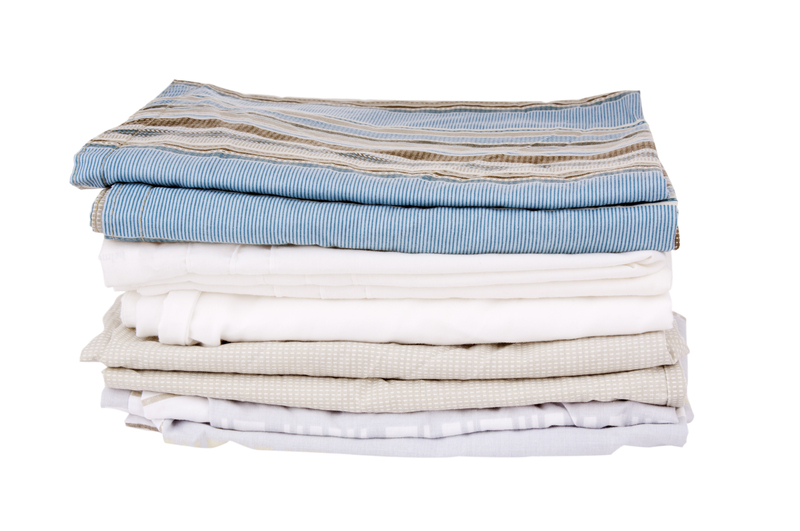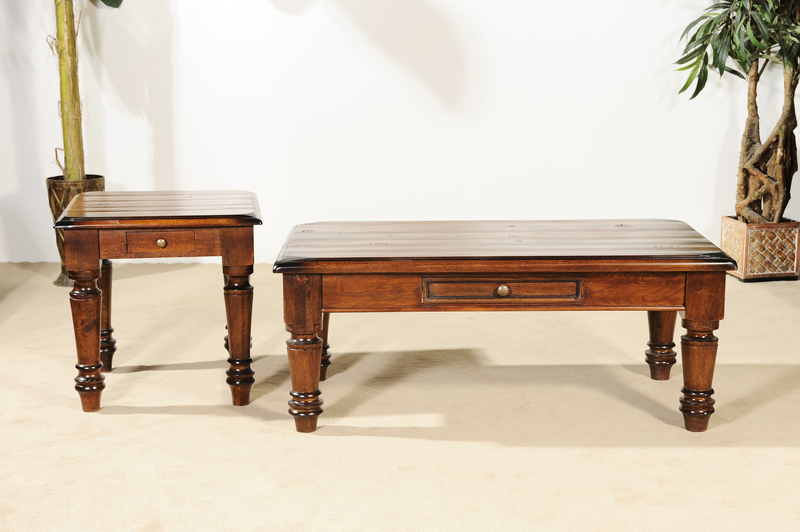Your Pocket-Guide to Saving Money on Bulky Waste Services
When it comes to getting rid of old furniture, appliances, or other large items, the cost of bulky waste removal services can quickly add up. Whether you're moving, renovating, or simply decluttering, understanding how to save money on bulky waste collection is essential. This comprehensive guide explores money-saving tips, service options, and clever strategies to help you keep bulky waste disposal costs as low as possible.
What Is Bulky Waste?
Bulky waste includes items that are too large for standard waste collection. Common examples are:
- Old sofas, mattresses, and beds
- Kitchen appliances (refrigerators, ovens, washing machines)
- Furniture (wardrobes, tables, chairs)
- Electronic waste (televisions, computers)
- Carpets, rugs, and bicycles

Why Is Bulky Waste Disposal Expensive?
The cost of bulky waste disposal varies depending on your location, the size and number of items, and the specific services required. Expenses arise from collection, transportation, recycling, or landfill fees. Bulky items can be challenging to move, and disposing of them responsibly requires extra labor, permits, and vehicles.
The Most Common Bulky Waste Service Options
Before you consider cost-saving methods, it's vital to understand your service options:
- Council Bulky Waste Collection: Most local governments offer a scheduled bulky item collection service, typically for a fee (sometimes free for specific items or set numbers of collections).
- Private Waste Removal Companies: These services often provide quicker and more flexible pickups at a higher cost.
- Man and Van Services: Ideal for small volumes or mixed loads, these services can be cost-effective if you have several items.
- Skip Hire: Renting a skip is suitable for large volumes but can be expensive and requires permits if placed on public property.
- Self-drop-off at Recycling Centres: You can take bulky waste to your local recycling center, usually for free (if you have access to a vehicle big enough).
How to Save Money on Bulky Waste Services: Smart Strategies
Plan Ahead and Combine Items
One essential tip is to consolidate all your bulky waste before booking a collection. Councils or companies often charge per load or per item, so making the most out of every collection is crucial.
- Wait until you have several large items to dispose of before scheduling a pickup.
- If moving or clearing a house, list all bulky items first; a single collection may be much cheaper than several smaller ones.
Take Advantage of Free or Discounted Council Services
Many councils offer annual free or discounted bulky waste pickups for residents. Check your local authority's website for details.
- Some councils collect a set number of bulky items per year for free.
- Ask about subsidies or concessions for elderly, disabled, or low-income households.
- Look for seasonal events (spring clear-outs or "bulky waste amnesties") where certain items are collected free of charge.
Reuse and Donate: The Cheapest Solution
Cut costs to zero by finding a new home for unwanted bulky items:
-
Donate to Charity:
- Many charities (such as the British Heart Foundation, Salvation Army, or local furniture banks) will collect reusable items for free.
- Arrange for a pickup--your old sofa or table could benefit a family in need!
-
Offer for Free Online:
- Use platforms like Freecycle, Facebook Marketplace, or Gumtree to list items for local collection.
- Many people are happy to take furniture, working appliances, or even DIY materials.
Sell Usable Bulky Items
Turning bulky waste into cash is another excellent way to offset disposal costs.
- List usable furniture or appliances on eBay or similar sites--sometimes buyers will collect directly from your home.
- Host a garage sale or join a local boot sale to pass large items onto new owners.
Compare Private Bulky Waste Removal Services
Don't go with the first quote you receive. Always compare prices from different inn waste removal companies:
- Ask for itemized quotes and clarify if prices are per load, item, or hour.
- Check if VAT, labor, or permit fees are included.
- Use online comparison tools for reviews and ratings.
*Tip: Look for companies that offer discounts for multiple items or off-peak bookings.*
DIY Disposal: Save by Doing It Yourself
If you have access to a suitable vehicle, consider DIY bulky waste disposal at your local tip or recycling center. This is usually free for residents, though some centers have limits or charge for certain materials.
- Check recycling center opening hours, size restrictions, and ID requirements.
- Borrow or rent a van with friends or neighbors to share transportation costs.
- Wear gloves and take care when loading heavy or sharp items.
Group with Neighbors to Share Costs
Pooling resources with neighbors is an effective way to split the cost of bulky waste collection.
- Coordinate a street or block-wide clear-out--book a skip together or a man-and-van service and share fees.
- Some private companies and councils allow for collections from adjacent properties in one booking.
Choose the Right Service for Your Needs
Selecting the best service depends on the volume, type, and urgency of your bulky waste. In summary:
- Few, lightweight items or small furniture: Charities, Freecycle, or local give-away sites.
- Large volumes or mixed waste: Bulk waste collection companies or skip hire (for renovation projects).
- Appliances or "white goods": Some retailers collect for free if you're buying a replacement.
- Hazardous or specialist items: Check with your local council for safe disposal options.
Always read the fine print--some companies have additional charges for stairs, heavy lifting, or difficult access.
Extra Tips to Reduce Bulky Waste Service Costs
Consider Timing and Seasonality
Demand for bulky waste removal spikes during spring, end-of-tenancy periods, or around local festivals. If possible, schedule your collection during quieter months or mid-week for potential discounts.
Watch Out for Hidden Fees
- Check if the quoted price covers all labor, transportation, permits, and disposal charges.
- Ask about extra costs for items like mattresses, fridges, or hazardous materials.
Request Proof of Proper Disposal
Ensure that the company you hire is licensed and issues a waste transfer note or a receipt confirming legal disposal. This can help you avoid fines or environmental penalties.
Environmental Impact - Why Responsible Disposal Matters
While saving money on bulky waste services is important, responsible disposal is equally vital. Illegal dumping or fly-tipping is harmful to the environment and can lead to hefty fines. By using legitimate, environmentally friendly services or donating for reuse, you are also doing your bit for the planet.
Recycle Whenever Possible
Many bulky items contain materials (wood, metal, fabric) that can be recycled. Always ask removal services about their recycling rates, and separate recyclable items if requested.
Summary: Quick Checklist for Saving on Bulky Waste Services
- Combine all items into a single collection where possible.
- Research free or low-cost council services available in your area.
- Sell, donate, or give away usable items.
- DIY drop-off at the recycling center for free disposal.
- Compare quotes from different collection services before booking.
- Group with neighbors to share costs.
- Use licensed waste carriers and demand proof of responsible disposal.

Frequently Asked Questions About Bulky Waste Services
1. Can I get free bulky waste collection?
Yes, some councils offer a free collection per year or for certain items. Charities may collect reusable items for free. Always check with your local authorities and non-profit organizations.
2. What items are usually accepted in bulky waste services?
Typical items include furniture, mattresses, appliances, and carpets. Check your service provider's list--certain items (like hazardous waste) may not be accepted.
3. Are there any restrictions or limits on bulky waste?
Yes, there are generally limits on the number of items per collection, item dimensions, or types. Advance booking is often required. Specialist or hazardous items may require separate arrangements.
4. How can I avoid extra charges?
Disassemble items if possible, check access for collection, and clarify all costs with the service provider before booking. Avoid placing waste outside until collection day to prevent fines.
Conclusion: Make Your Bulky Waste Disposal Budget-Friendly
You don't need to overspend to get rid of unwanted large items. By following this pocket-guide to saving money on bulky waste services, you can reduce costs, help the environment, and support your community. Remember to plan ahead, explore all disposal options, compare prices, and make use of free or charitable services wherever possible.
Taking a smarter approach to bulky waste collection not only saves you money but also ensures that your waste is handled responsibly and ethically. Happy decluttering!
